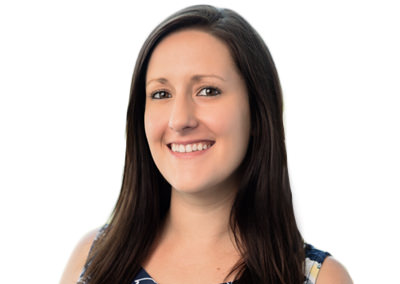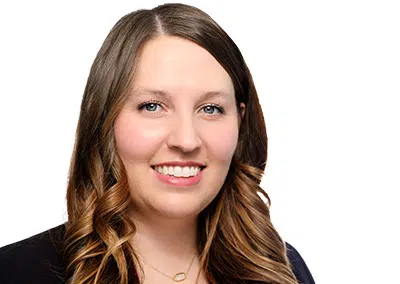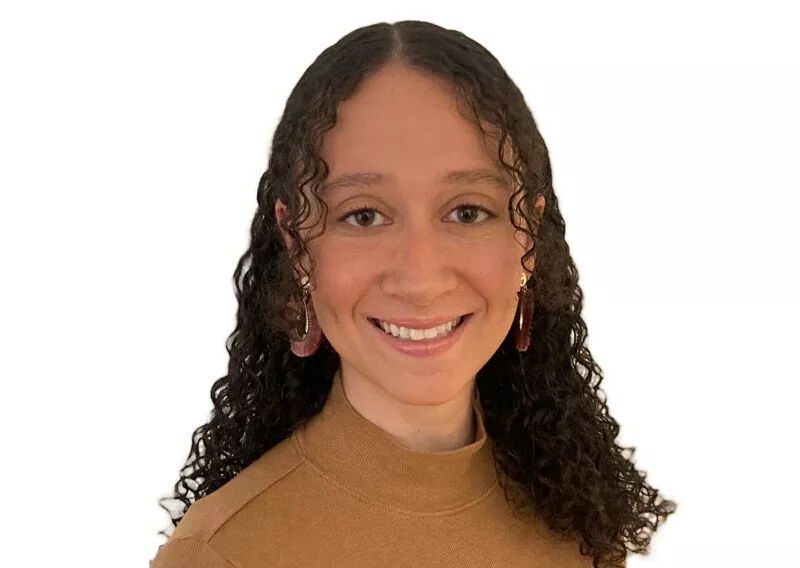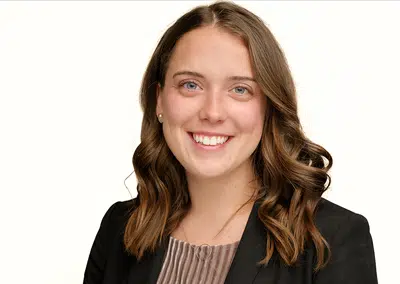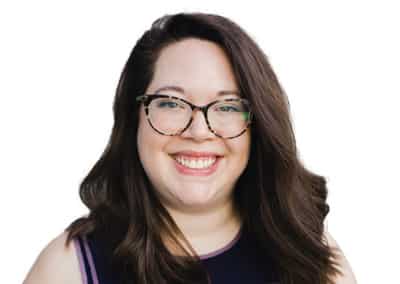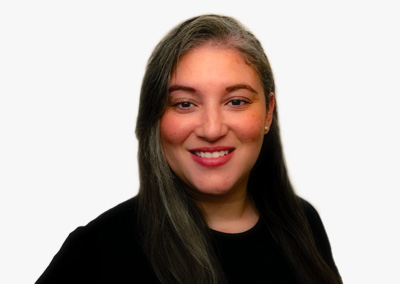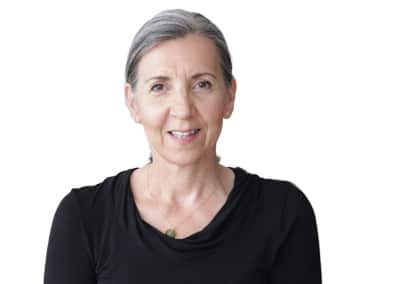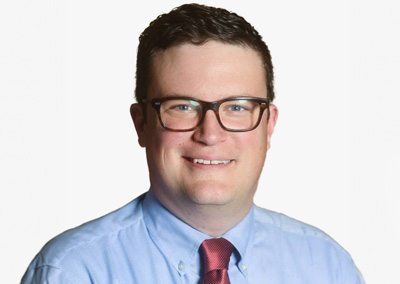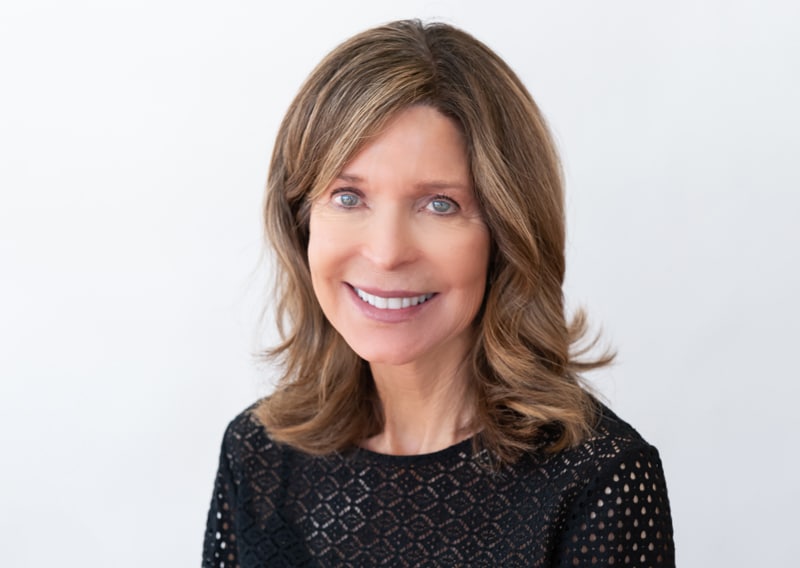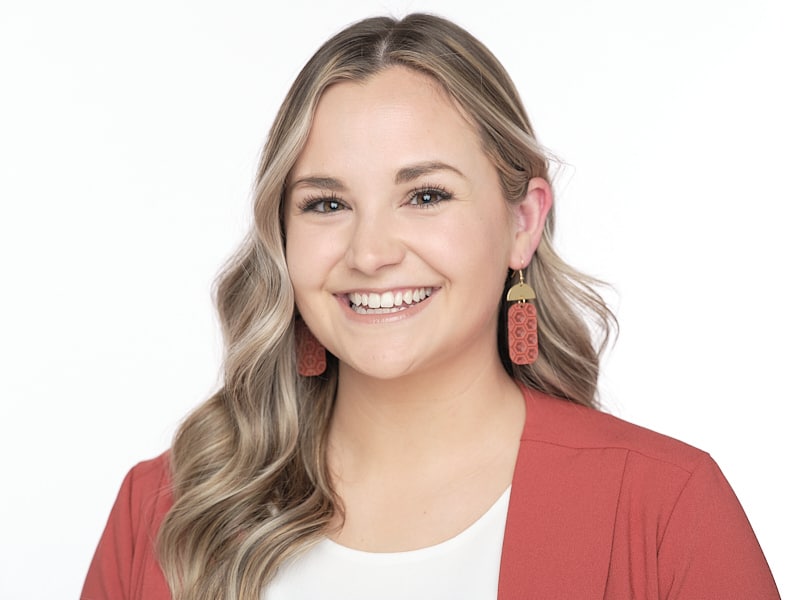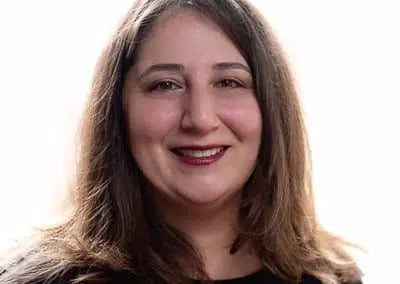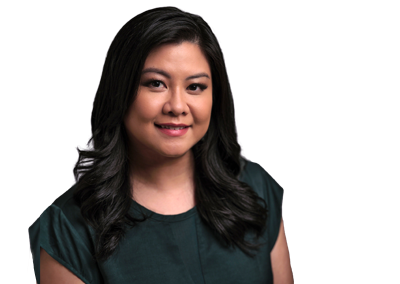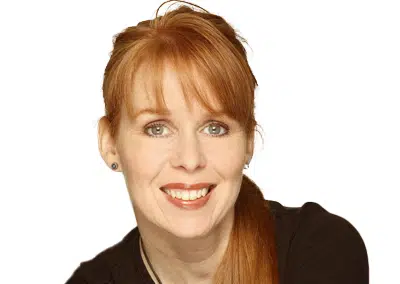
Marriage Counseling Questions:
What to Expect from Marriage Counseling

Dr. Lisa Marie Bobby is a licensed psychologist, licensed marriage and family therapist, board-certified coach, AAMFT clinical supervisor, host of the Love, Happiness, and Success Podcast and founder of Growing Self.
Takeaways: It’s understandable to be nervous about meeting with a marriage counselor, couples therapist, or relationship coach for the first time, but learning about what to expect from marriage counseling can help you feel confident and empowered from the first session to the last. Learn about what happens in marriage counseling and how to prepare.
- Expect to feel a little nervous at first
- Expect emotional safety
- Expect professionalism
- Expect assessment, goals, and a plan
- Preparing for couples therapy
1: Expect to Feel a Little Nervous (At First)
Feeling nervous about marriage counseling or couples therapy is normal. Many people feel nervous about discussing their relationship so openly and honestly. At the same time, many people feel optimistic and believe that getting professional help for their relationship can be a huge turning point that leads to a happier, healthier marriage, and helps them avoid a breakup or divorce. Hope and fear can be great motivators for you to have the courage to reach out for help with your marriage. That’s wonderful.
To ease any apprehension you may have about marriage counseling, I’ll share more information about what happens in marriage counseling and what to expect from good, ethical, and effective marriage counseling. (Not all counseling experiences are the same, unfortunately. For more on this subject please read “How to Find a (Good) Marriage Counselor.“
It’s absolutely normal to feel nervous in your first counseling consultation session. If you’re trying to choose a marriage counselor, this is new, and it is easy to imagine that talking about things as personal as your relationship will feel uncomfortable.
However, most people quickly realize in their first marriage counseling consultation that talking about their relationships with a highly trained professional in a safe space actually feels easy. It also feels incredibly meaningful, important, and worthwhile.
Most couples leaving their first session (either with their hand on the doorknob of our Denver marriage counseling office, or about to click out of their online marriage counseling Zoom call) say, “This was great. It felt so good to communicate constructively and not shut down or have a fight. I’m so glad we’re finally doing this.”
So, it’s completely normal to feel nervous going in, but you can also expect to feel very comfortable during that first session.
Here’s what else you can expect from good marriage counseling, couples therapy, and relationship coaching:
2: Expect Emotional Safety
One of the biggest reasons people refuse to try marriage counseling is they imagine that negative things will happen in marriage counseling. They worry that a marriage counselor will take sides and they will be blamed for the problems in the relationship, or they worry they’ll just spend the sessions constantly arguing like they do at home. Even worse, some fear they’ll be ganged up on by their partner and the marriage counselor. It’s important to note that this can be a significant worry for men, in particular. After all, counseling is largely a female-dominated profession.
While you could have these regrettable experiences if you attempt “couples counseling” with a basic therapist who is not really qualified to provide relationship therapy services, you should never have that experience if you know how to find a competent, skilled marriage counselor.
In good marriage counseling, you should expect emotional safety. Our positive, evidence-based approaches to marriage counseling work because they focus on the way you are both interacting with each other — not on either of your “issues” individually. We know that both of your feelings and perspectives are valid given your experiences in the relationship. We work hard to ensure that counseling with us is emotionally safe and that you feel validated.
A good, systemically-trained marriage counselor doesn’t make judgments. Instead, we listen to both sides impartially with the intention of understanding how your feelings make sense in the context of your experiences with each other. We focus on helping the two of you break free from power struggles and understand each other so you can make positive changes that you both feel good about.
Pro Tip: Never See One of Your Individual Therapists For Couples Counseling
In order to ensure your emotional safety…
If you are considering marriage counseling options somewhere besides Growing Self, here is a tip that will save you from a common mistake many couples make: It is always a bad idea to try marriage counseling with a therapist who has been working with one of you in individual therapy. That’s not how marriage counseling works. We don’t, and never would, do that here.
If a therapist and one partner have a pre-existing relationship prior to marriage counseling, then that therapist will have pre-existing ideas about the other partner from conversations they’ve had in individual therapy sessions. The partner stepping into the existing therapeutic relationship is likely to feel there is an alliance — and possibly that they are being blamed or ganged up on. In a situation like this, marriage counseling is unlikely to be helpful.
Any licensed therapist willing to shift from doing individual therapy with one of you to serving as your couples therapist is practicing unethically and demonstrating that they do not have specialized training and experience in couples therapy. They may be a fine individual therapist, but do not attempt couples counseling with them.
Unfortunately, this is just one example of the mistakes some therapists make. Check out this linked article for more Signs You Have a Bad Therapist.
3: Expect Professionalism
Anyone you see for couples counseling or marriage counseling at Growing Self is an extremely competent, highly trained marriage counselor. (We don’t invite any clinicians to join our group practice before an extensive interviewing and vetting process.)
When you start work with a professional therapist, you can expect a number of “procedural” things to happen in the first consultation session including reviewing their basic credentials, going over what’s called a “disclosure statement,” and discussing confidentiality and the limits of confidentiality.
While this is not technically required for relationship coaching, we follow the same process for our relationship coaching clients as we do for marriage therapy clients in order to ensure that our standards are maintained and that YOU have a great experience. (Learn more about couples counseling vs. relationship coaching here).
Ethical, competent marriage counselors need to follow a process during the first session. We need to:
- Give your information about ourselves — referred to as “required disclosures”
- Talk to you about confidentiality, and the limits of confidentiality
- Discuss your rights as our client
- Disclose information about how much marriage counseling will cost
- Determine whether your health insurance covers marriage counseling
- Talk about our practice policies
The intention of this onboarding process is for you to have all of the information you need in order to make an informed decision about engaging in counseling with us.
Despite all of these necessary first steps, we will absolutely still have time to talk about the concerns that led you to seek marriage counseling in order to determine goodness of fit and get a sense of your hopes and goals. All of this is to ensure our approach will be helpful to you. However, expect to spend some time in your consultation session going over basic information and legalities about the process of marriage counseling before embarking on the work itself.

Let’s Talk: Start With a Free Consultation
If you’re ready to grow, we’re here to help. Connect with us, and let us know your hopes and goals. We’ll follow up with recommendations, and will help you schedule a first, free consultation.
4: Expect Assessment, Goals, and a Plan
One thing that differentiates our practice at Growing Self from that of others is that we exclusively use evidence-based marriage counseling, couples counseling, and relationship coaching strategies to help you improve your relationship. Many couples I’ve seen have previously tried marriage counseling and been disappointed by it, often because they felt like they were merely rehashing their relationship problems in marriage counseling sessions.
In those scenarios, they found that nothing changed (predictably!) Counseling didn’t help them recover from emotional betrayal, restore sexual intimacy, heal codependency, or accomplish any of their other goals for marriage counseling. (Click here to learn more about essential tips for finding a good marriage counselor.)
After one or two failed attempts, they may wonder, “Do we really need marriage counseling, or is our relationship beyond hope?”
Endlessly talking about problems does not help you improve your relationship. Good, effective marriage counseling requires having a plan that is tailored to your unique experience. The first stage of good marriage counseling or couples coaching is always to get clarity about your goals for your work with a licensed professional.
Whether you’re taking part in marriage counseling, discernment counseling, or long-distance couples therapy, you’ll start by outlining your goals with your marriage counselor in different aspects of your relationship including your communication, parenting, meeting each other’s needs, sexual intimacy, and even your finances in marriage. After that, you can expect to spend several sessions to identify what, specifically, needs to change in order for you to achieve your goals through a comprehensive relationship assessment process.
The “assessment” phase of relationship coaching helps both you and your couples counselor understand the core issues creating conflict in your relationship. Your marriage counselor or relationship coach will utilize different methods of assessment depending on your individual needs.
They may ask you to take a formal online assessment (which is much more involved than our free online “How Healthy is Your Relationship Quiz”), they may construct genograms, they may meet with each of you individually one time (but no secrets!), they may conduct observational assessments based on the way you interact with each other in sessions, or they may simply ask you both a number of “power questions” to help you both gain insight into yourselves and each other.
While many couples are eager to jump right into making changes, please know that without good assessment and growth-preparation processes, trite “band-aid” changes never stick. The assessment process provides structure and organization, and sets you both up for the meaningful work ahead.
Your marriage counseling sessions will always be focused on helping you make progress; creating accurate understanding is the first vital part of that process. Don’t expect things to be immediately different after your first counseling session: That is not a realistic expectation for the early stages of couples counseling, especially while you’re still in that “assessment” phase.
As the path forward becomes clear, your marriage counselor will begin encouraging you to practice specific skills and strategies outside of the sessions in order to move the work from “talking” to “doing.” Every week, your couples therapy will address relationship goals and you’ll ultimately be discussing specific things that will help you have better experiences with each other.
5: Expect a Meaningful Growth Process To Take Time
Couples are often eager to know “how long marriage counseling will take” because they would like positive changes to happen quickly. This is understandable! You should know, however, that meaningful personal growth is not an “event;” it is a growth process that takes time. It is unrealistic to expect to experience dramatic change after just two or three couples counseling sessions.
Relationship problems develop over months and years. They also take some time to sort out and resolve. You can’t just flip a switch and change the way you think, feel, and behave. You need to learn about yourself, your partner, and ultimately practice some new ways of being that might feel challenging at first. Especially at Growing Self, we offer a meaningful growth process, not trite “relationship advice.”
The general arc of successful, authentic relationship coaching or couples therapy involves:
1) The development of shared goals for your relationship
2) An assessment to understand the strengths and growth areas of your relationship
3) Time spent in deeply understanding yourself and your partner in a new way, in order to grow in relationship-promoting ways
4) Once genuine understanding is achieved, it will be time to create a skills-based plan to help you use your new awareness and your strengths to start doing things differently with regard to communication, connection, collaboration, etc.
5) At that point, you’ll get homework assignments that will help you take the skills and ideas that you’re talking about in your couples counseling sessions and apply them in “real life” situations.
6) As you’re practicing your new skills and having new experiences, you can expect more discussion that helps you increase your understanding of yourselves and each other. (The strategies that are easy to talk about in couples counseling can feel surprisingly hard to do at home, which is ultimately a positive thing because it allows for deeper understanding and engagement with the growth process.)
7) As you integrate new ideas, new skills, and start having new and positive experiences with each other, your conversations will shift to how much you’ve grown, what you’ve learned, and how you’re going to maintain all the wonderful changes you’ve made. And you’ll be done!
This process happens over different periods of time for different couples, depending on what is going on and how long the relationship has been strained.
Proactive couples who wisely do couples counseling sooner rather than later can expect to move through this process quickly and create substantial change in 4-8 sessions.
Couples who have been struggling for years, who have lost trust in each other, who have developed emotional attachments to other people or are healing from affairs, and who have been angry with each other for so long that it’s hard to see the good in each other, will take much longer to fix their relationship. In those cases, growth is often measured in many months, or sometimes years.
Here is more detailed information on How Marriage Counseling Works.
Preparing for Couples Therapy
We spent some time discussing what you can expect to experience mentally and emotionally in marriage counseling, couples therapy, or relationship coaching as well as the general arc of the “relationship growth process” that you’d have with a Growing Self relationship expert.
However, you and I both know that this is general information and that your specific situation may be slightly different. Every relationship is unique. If you work with us at Growing Self, you can expect that your situation will be honored, respected, and treated with individualized support and guidance. That’s why we don’t offer “programs” or packages. Your experience with us is going to be one-of-a-kind because you are one-of-a-kind.
Given that, we believe that you deserve to have your specific questions about couples therapy, marriage counseling, or relationship coaching answered in person. That’s why we offer free initial counseling consultations.
If you have other questions specific to your situation that may impact what you can expect from marriage counseling, the best way to get them answered is to schedule a first, free consultation with the Growing Self marriage counselor, couples therapist, or relationship coach of your choice. That way you can get to know them and have a conversation about your hopes and goals in order to learn exactly what the marriage counseling process will look like for you.
Wishing you all the very best,
Dr. Lisa Marie Bobby

Dr. Lisa Marie Bobby is a licensed psychologist, licensed marriage and family therapist, board-certified coach, AAMFT clinical supervisor, host of the Love, Happiness, and Success Podcast and founder of Growing Self.
Meet a Few of Our Expert Marriage Counselors
Marriage Counseling Questions | Couples Therapy Questions
If you’re considering getting involved in marriage counseling, couples therapy, or relationship coaching you probably have questions! Get your marriage counseling questions answered, right here.
Relationship Advice
Our relationship experts have tons of free, helpful relationship advice on numerous topics to support you both on your journey of growth together. View our relationship advice.
How Healthy Is Your Relationship?
Take our free relationship quiz to discover your strengths and growth opportunities, and get expert recommendations.
When To Get Marriage Counseling?
Was that just a yucky fight? Or is your relationship really in trouble? Here’s how to tell when to get marriage counseling.
What To Expect From Marriage Counseling
Learn what to expect from marriage counseling, from your first free consultation to the triumphant “graduation” from couples therapy.
Relationship Coaching vs. Couples Therapy
What’s the difference between relationship coaching vs couples therapy? Learn about both approaches, and which is right for you.
How to Find a Marriage Counselor
Not all marriage counselors are the same. Getting involved with a bad one can be a disaster. Here’s how to find a good marriage counselor…
Pre Marriage Counseling
Couples counseling before marriage is not the same thing as premarital counseling. Many couples need to grow together before they can move forward.
How Long Does Marriage Counseling Take?
You shouldn’t be in marriage counseling for years. Learn the average length of marriage counseling, depending on your situation, and your relationship goals.
How Marriage Counseling Works
Marriage counseling works, but how? Learn how marriage counseling works, and how the process can help you grow, together.
Does Couples Therapy Work?
Couples who successfully work through rough patches come out stronger than ever before. If you’re wondering, “Does couples therapy work?” read this article for the inside scoop.
Can We Do Marriage Counseling Online?
Online marriage counseling can be incredibly convenient and effective — but not always. Learn when online marriage counseling is the best bet, and when it’s a bad idea…
Can You Do Long-Distance Couples Therapy?
Yes, we provide long-distance couples counseling from all over the world through secure, easy, three-way online video.
Does Insurance Cover Marriage Counseling?
Insurance can pay for marriage counseling (aka, family therapy), but only sometimes. Learn when insurance covers marriage counseling, and when it won’t.
How Much is Marriage Counseling?
Getting expert help for your marriage can be the best, most life-changing decision you ever make. How much do couples therapy and marriage counseling cost? Get all the details, here.
Gift Relationship Help
If you have a loved one who is struggling in their relationship, you can help them get help by “gifting” couples counseling or coaching. Here’s how…
Discernment Counseling For Couples
Before marriage counseling can work, both partners need to want it to work. Discernment counseling helps you resolve ambivalence, and get clarity.
Why Evidence-Based Therapy Matters
Marriage counseling can be a huge waste of time if your counselor doesn’t practice evidence-based approaches to marriage counseling. Here’s why…
Online Couples Therapy
We offer Denver couples therapy and Denver marriage counseling as well as online couples therapy. Learn about our online couples therapy services.
Our Relationship Services
We offer premarital counseling, sex therapy, perinatal counseling, parent coaching, affair recovery, blended family counseling, financial therapy for couples, and more. Learn about all our couples counseling services.
Meet our Relationship Experts
Growing Self relationship experts are marriage and family therapists with specialized training and experience in effective, evidence-based approaches to help couples grow, together. Meet our team of relationship experts…
The Best Marriage Counseling
Curious to hear what others have to say about their experience with “the best marriage counselor?” Read their stories…
Free Resources, For You.
Our experts are incredibly generous and have put together an entire library of free resources and actionable advice to support you on your quest for Love, Happiness, and Success. View our blog + podcast.
More Questions? Let’s Talk.
We’re available by phone, email, and chat, and happy to answer any of your questions personally. Get in touch, anytime.
Start Couples Counseling or Coaching
Ready to begin marriage counseling, couples therapy, or relationship coaching with Growing Self? Start by scheduling a free consultation meeting with the expert of your choice.






